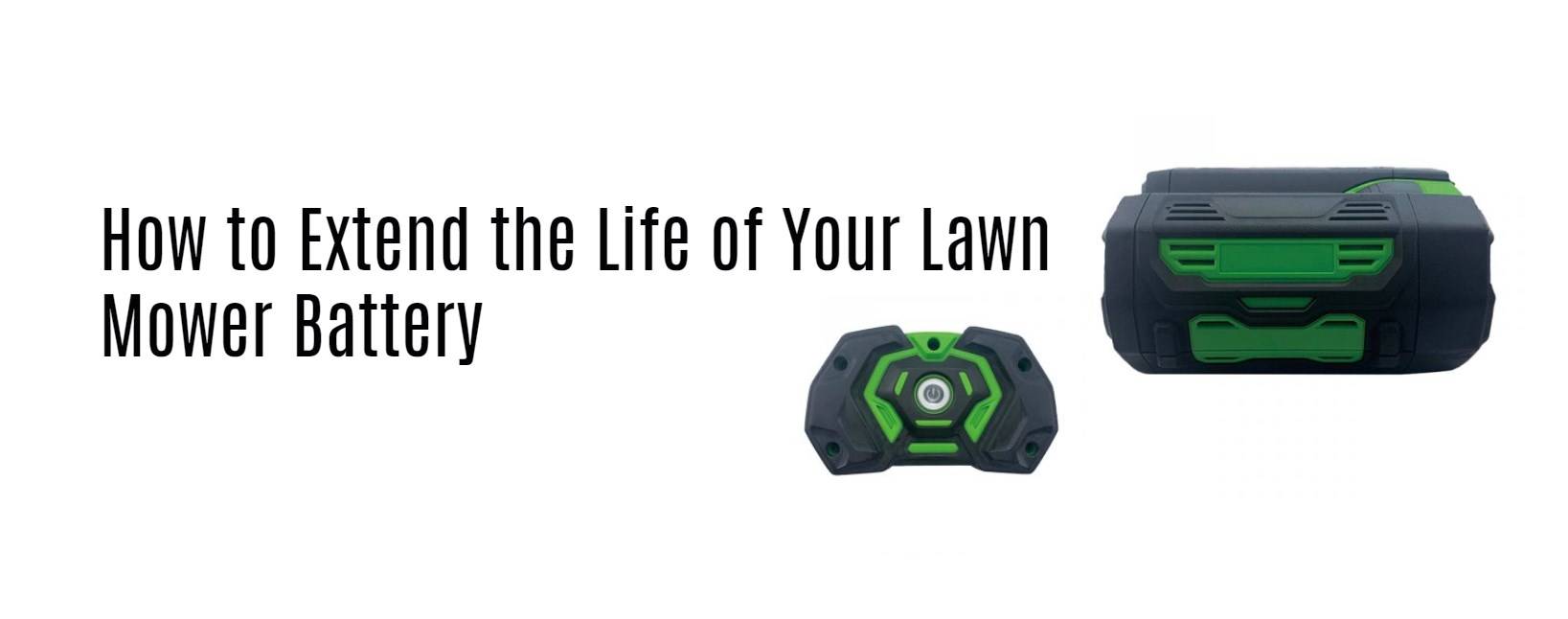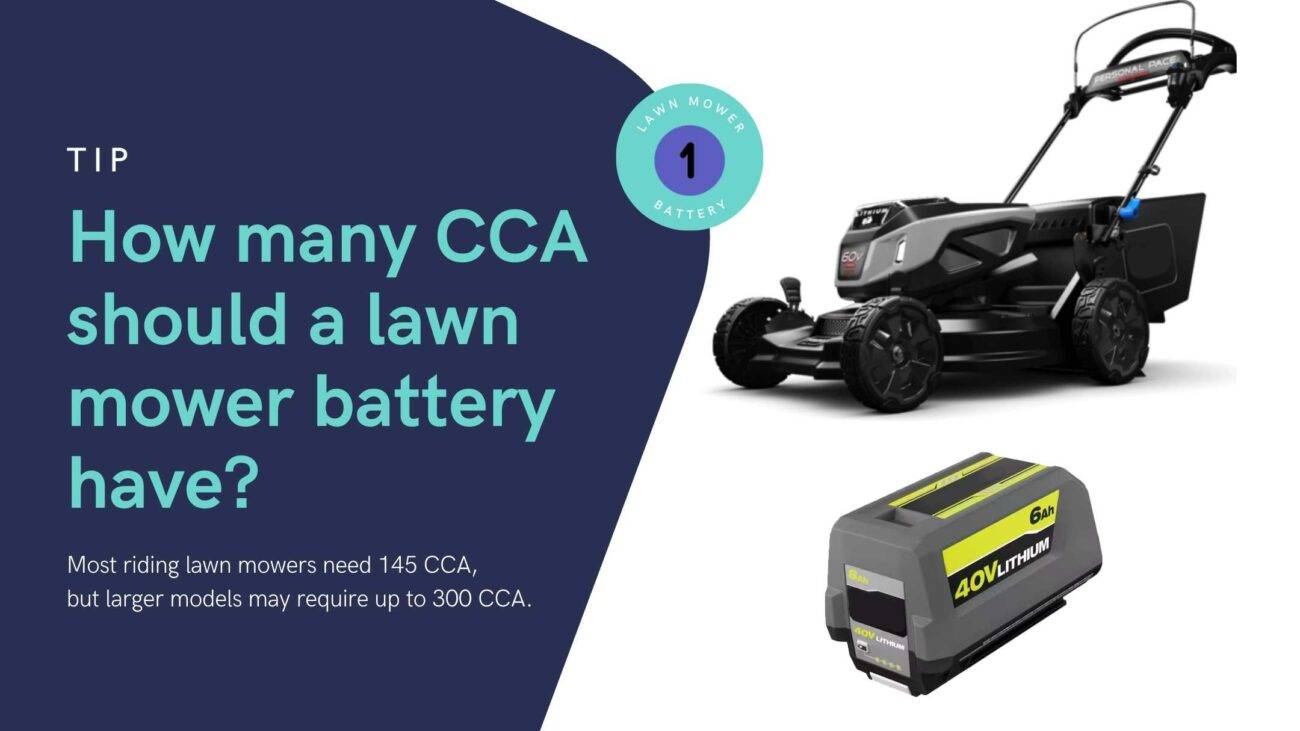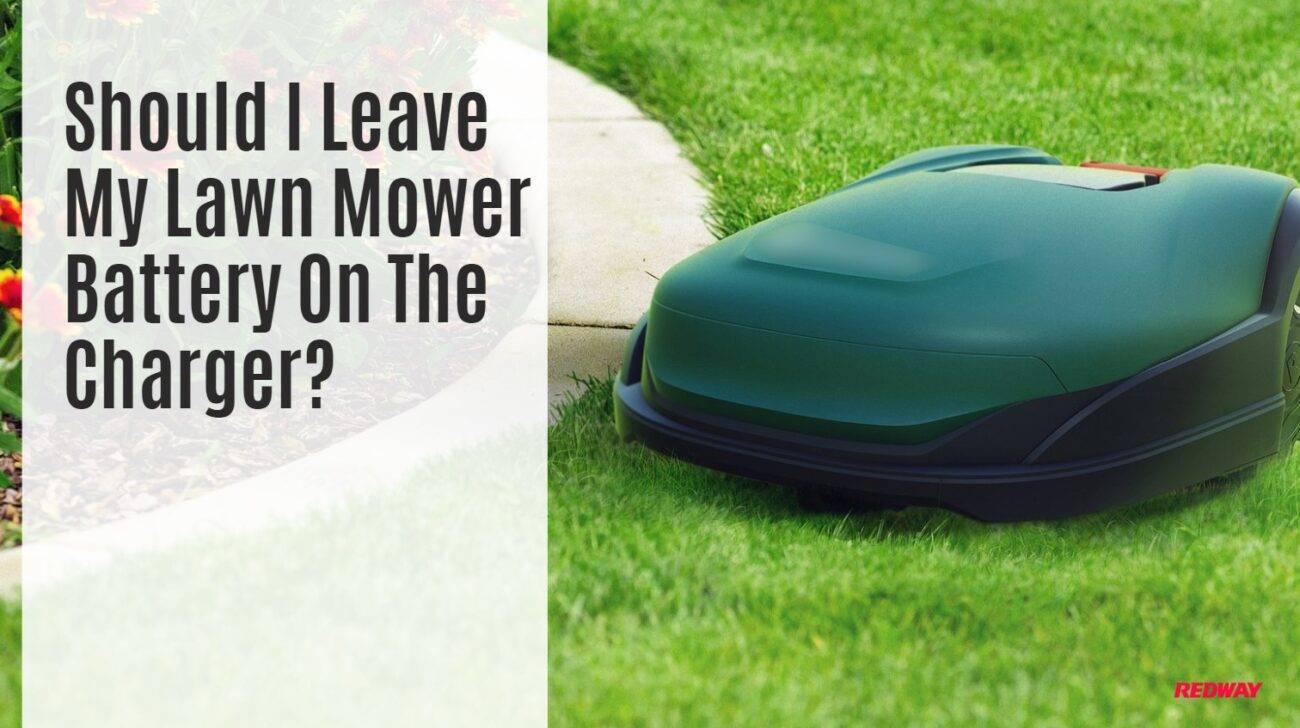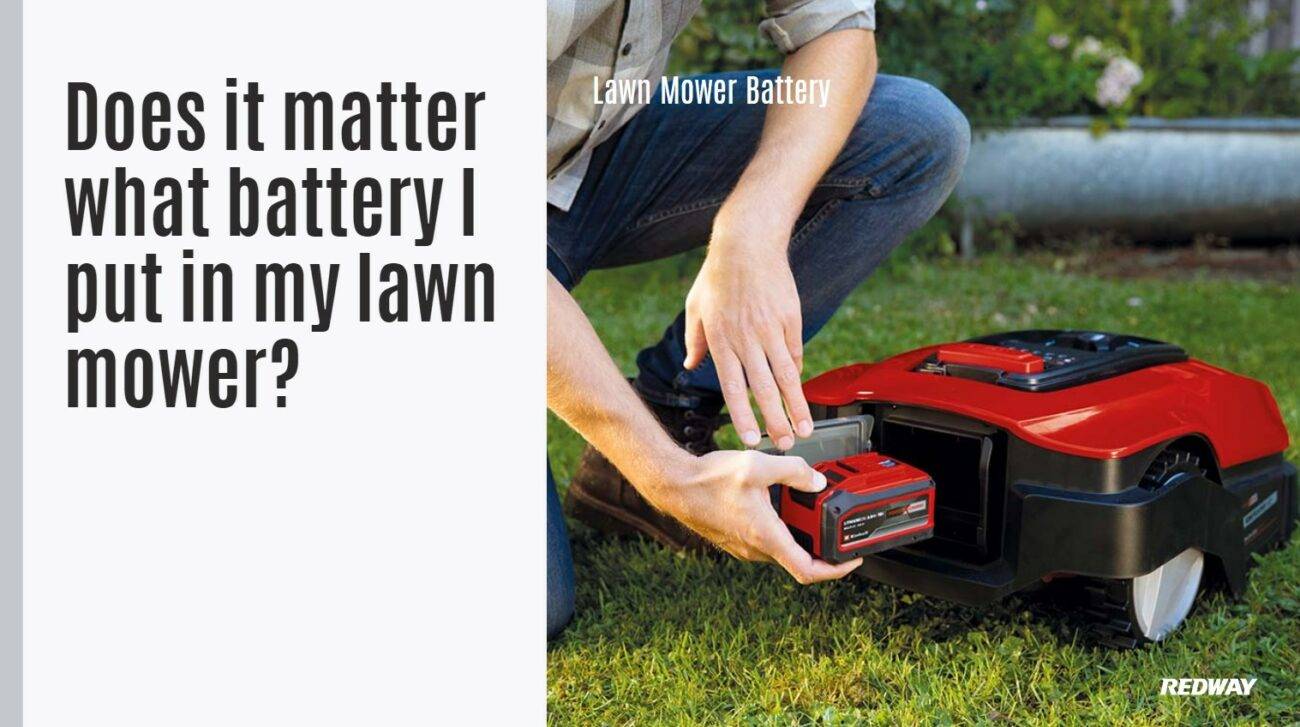- Lithium Golf Cart Battery
- Forklift Lithium Battery
-
48V
- 48V 210Ah
- 48V 300Ah
- 48V 420Ah (949 x 349 x 569 mm)
- 48V 420Ah (950 x 421 x 450 mm)
- 48V 456Ah
- 48V 460Ah (830 x 630 x 590 mm)
- 48V 460Ah (950 x 421 x 450 mm)
- 48V 460Ah (800 x 630 x 600 mm)
- 48V 460Ah (820 x 660 x 470 mm)
- 48V 500Ah
- 48V 560Ah (810 x 630 x 600 mm)
- 48V 560Ah (950 x 592 x 450 mm)
- 48V 600Ah
- 48V 630Ah
-
48V
- 12V Lithium Battery
12V 150Ah Lithium RV Battery
Bluetooth App | BCI Group 31
LiFePO4 Lithium
Discharge Temperature -20°C ~ 65°C
Fast Charger 14.6V 50A
Solar MPPT Charging - 24V Lithium Battery
- 36V Lithium Battery
- 48V Lithium Battery
-
48V LiFePO4 Battery
- 48V 50Ah
- 48V 50Ah (for Golf Carts)
- 48V 60Ah (8D)
- 48V 100Ah (8D)
- 48V 100Ah
- 48V 100Ah (Discharge 100A for Golf Carts)
- 48V 100Ah (Discharge 150A for Golf Carts)
- 48V 100Ah (Discharge 200A for Golf Carts)
- 48V 150Ah (for Golf Carts)
- 48V 160Ah (Discharge 100A for Golf Carts)
- 48V 160Ah (Discharge 160A for Golf Carts)
-
48V LiFePO4 Battery
- 60V Lithium Battery
-
60V LiFePO4 Battery
- 60V 20Ah
- 60V 30Ah
- 60V 50Ah
- 60V 50Ah (Small Size / Side Terminal)
- 60V 100Ah (for Electric Motocycle, Electric Scooter, LSV, AGV)
- 60V 100Ah (for Forklift, AGV, Electric Scooter, Sweeper)
- 60V 150Ah (E-Motocycle / E-Scooter / E-Tricycle / Tour LSV)
- 60V 200Ah (for Forklift, AGV, Electric Scooter, Sweeper)
-
60V LiFePO4 Battery
- 72V~96V Lithium Battery
- Rack-mounted Lithium Battery
- E-Bike Battery
- All-in-One Home-ESS
- Wall-mount Battery ESS
-
Home-ESS Lithium Battery PowerWall
- 24V 100Ah 2.4kWh PW24100-S PowerWall
- 48V 50Ah 2.4kWh PW4850-S PowerWall
- 48V 50Ah 2.56kWh PW5150-S PowerWall
- 48V 100Ah 5.12kWh PW51100-F PowerWall (IP65)
- 48V 100Ah 5.12kWh PW51100-S PowerWall
- 48V 100Ah 5.12kWh PW51100-H PowerWall
- 48V 200Ah 10kWh PW51200-H PowerWall
- 48V 300Ah 15kWh PW51300-H PowerWall
PowerWall 51.2V 100Ah LiFePO4 Lithium Battery
Highly popular in Asia and Eastern Europe.
CE Certification | Home-ESS -
Home-ESS Lithium Battery PowerWall
- Portable Power Stations
How Long Does a Lawn Mower Battery Last?
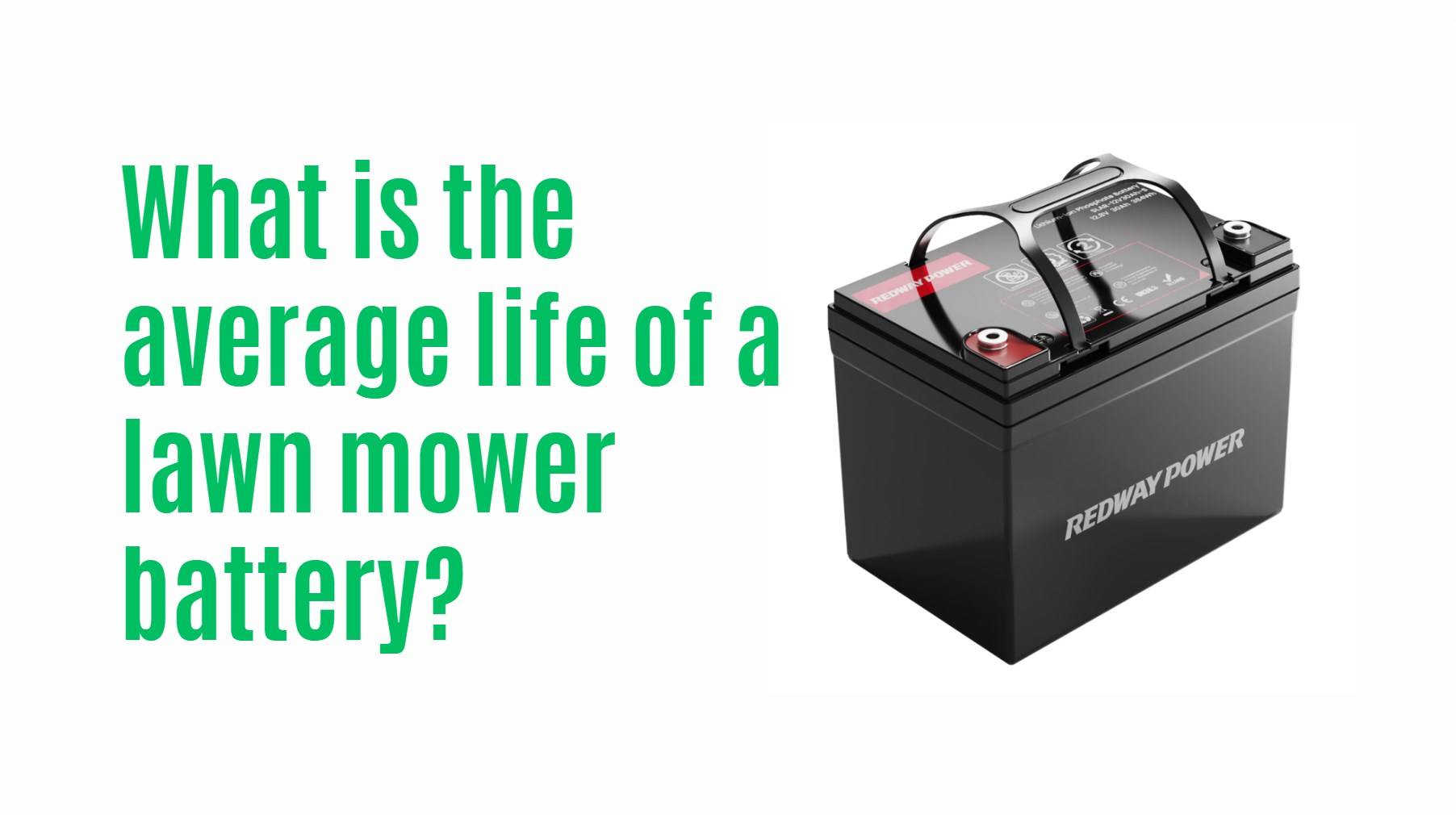
A lawn mower battery typically lasts between 30 minutes to 1 hour on a single charge, depending on the type of mower and its power requirements. For example, robotic mowers may have longer runtimes due to their efficient design, while push mowers with a single battery may run shorter. Proper maintenance can also enhance battery longevity.
What Types of Batteries Are Used in Lawn Mowers?
Lawn mowers commonly use several types of batteries, including:
- Lead-Acid Batteries: Traditional option with a lifespan of about 3 to 5 years.
- Lithium-Ion Batteries: Offer longer lifespans (up to 10 years) and faster charging times.
- Nickel-Cadmium (NiCd) Batteries: Less common but can provide reliable performance for certain models.
Chart: Battery Types for Lawn Mowers
| Battery Type | Lifespan (Years) | Charging Time (Hours) | Typical Use |
|---|---|---|---|
| Lead-Acid | 3 – 5 | 6 – 12 | Push mowers |
| Lithium-Ion | 5 – 10 | 1 – 2 | Robotic and electric mowers |
| Nickel-Cadmium | 2 – 4 | 1 – 2 | Older models |
How Can You Extend the Life of Your Lawn Mower Battery?
To maximize the lifespan of your lawn mower battery, consider these tips:
- Regular Maintenance: Keep terminals clean and check for corrosion.
- Proper Charging: Avoid overcharging and use the recommended charger.
- Store Correctly: Store batteries in a cool, dry place during off-seasons.
Chart: Tips for Battery Maintenance
| Maintenance Task | Frequency | Purpose |
|---|---|---|
| Clean Terminals | Monthly | Prevent corrosion and ensure good contact |
| Check Voltage | Monthly | Ensure battery is holding charge |
| Store Properly | Annually | Prevent damage during storage |
Why Is It Important to Monitor Battery Performance?
Monitoring battery performance is essential for identifying issues early. Signs of battery deterioration include:
- Reduced Runtime: If the mower runs for significantly less time than before.
- Swelling or Leakage: Physical signs that indicate potential failure.
- Inconsistent Performance: If the mower struggles to start or operate smoothly.
What Are Common Issues That Affect Lawn Mower Batteries?
Common issues that can affect lawn mower batteries include:
- Overcharging: Can lead to overheating and reduced lifespan.
- Deep Discharge: Regularly discharging below recommended levels can damage the battery.
- Extreme Temperatures: Both heat and cold can negatively impact battery performance.
How Do You Know When to Replace Your Lawn Mower Battery?
Signs that it may be time to replace your lawn mower battery include:
- Frequent Charging Needs: If you find yourself charging more often than usual.
- Diminished Power Output: Noticeable reduction in power or runtime.
- Physical Damage: Any swelling, leaks, or corrosion on the battery casing.
FAQ Section
Q: How long does a lawn mower battery typically last?
A: A lawn mower battery usually lasts between 30 minutes to 1 hour, depending on the model and usage.Q: What types of batteries are used in lawn mowers?
A: Common types include lead-acid, lithium-ion, and nickel-cadmium batteries.Q: How can I extend my lawn mower battery’s life?
A: Regular maintenance, proper charging practices, and correct storage can help extend battery life.
Industrial News
The lawn care industry is increasingly adopting advanced battery technologies to improve efficiency and sustainability. Innovations in lithium-ion batteries are leading to longer runtimes and faster charging times for electric mowers. Additionally, manufacturers are focusing on eco-friendly materials and designs that enhance performance while minimizing environmental impact. These advancements are making electric mowers more appealing for both residential and commercial use.
Redway Power Expert Views
“Understanding how to maintain and care for your lawn mower battery is crucial for ensuring optimal performance. By following best practices for charging and storage, users can significantly extend the life of their batteries,” states an expert from Redway Power.
How to Extend the Life of Your Lawn Mower Battery
To extend the life of your lawn mower battery, regularly inspect and clean the terminals, charge it during the offseason, and store it in a cool, dry place away from extreme temperatures. These steps will help maintain the battery’s performance and ensure its longevity. Remember to keep your battery in optimal condition for a reliable mowing experience.
- Clean the terminals regularly to remove dirt and debris that can affect performance.
- Keep the battery charged, even during periods of non-use, to prevent sulfation and maintain capacity.
- Avoid overcharging by following manufacturer guidelines and not leaving the battery connected for too long.
- Store the battery in a cool, dry place to prevent damage from extreme temperatures.
- Check for loose connections periodically to ensure proper electrical flow and performance.
Tips for Choosing a Replacement Lawn Mower Battery
When choosing a replacement lawn mower battery, consider compatibility with your mower model, decide between lead-acid and lithium-ion batteries based on your needs, match the size and voltage to your mower’s requirements, and ensure adequate capacity for your mowing needs. Proper maintenance includes keeping terminals clean, tightening connections, charging during the offseason, and storing in a cool, dry place.
- Compatibility: Refer to your mower’s specifications to ensure the replacement battery matches the type, voltage, and capacity required for your model.
- Quality Brands: Prioritize renowned brands known for reliability, even if they come at a slightly higher cost, as they often offer superior performance and longevity.
- Battery Type: Decide between traditional lead-acid batteries and newer lithium-ion options, considering factors like lifespan and maintenance needs.
- Warranty Coverage: Look for batteries with comprehensive warranties to safeguard against defects or premature failure, and review the terms thoroughly.
- User Reviews: Consult online reviews and seek recommendations from other users to gain insights into the performance and durability of various battery brands and models.
FAQs
Are lawn and garden batteries lead acid?
Lawn and garden batteries commonly used in riding mowers come in different chemistries. While lead acid batteries are frequently used in this application, there are also options such as lithium-ion or lithium iron phosphate batteries available on the market. It is crucial when choosing a replacement battery for your riding mower to ensure that the new battery you select has the same chemistry as the original one.
How many cranking amps does a lawn mower battery have?
A lawn mower battery typically has a lower number of cold cranking amps (CCA) compared to a standard car battery. For most lawn mowers, you would want a battery with a minimum CCA rating of 145. You can find the specific CCA requirements for your lawn mower in the owner’s manual or on the manufacturer’s website.
What size battery does my lawn mower need?
To determine the size of battery needed for your lawn mower, it is important to understand that lawn mower batteries differ from car batteries in terms of size. Lawn mower batteries are generally much smaller than car batteries. The Battery Council International (BCI) has categorized batteries into various group sizes to facilitate finding the correct fit for your lawn mower. Most lawn mower batteries typically fall under the Group U1 category.
In addition to the group size, you will need to consider the terminal type and position of the battery. This information is outlined in the group battery sizing standards. For instance, Group U1 batteries are available in two terminal options: U1L and U1R. U1L batteries have the positive terminal located at the top left corner, while U1R batteries have the positive terminal positioned at the top right corner. When selecting a replacement battery for your lawn mower, ensure that you identify the correct terminal positioning required by your specific mower model.
How do I know if my lawn mower battery is 6 volt or 12 volt?
To determine whether your lawn mower battery is 6 volt or 12 volt, the first step is to identify your mower’s voltage requirement. While most riding mowers typically use a 12 volt battery, smaller mowers may rely on a 6 volt battery instead.
If you are uncertain about the battery voltage your mower needs, you have several options for finding out. One way is to check the voltage of your current battery. If that information is not readily available, consult your owner’s manual. Additionally, you can visit the manufacturer’s website for specific details regarding the battery voltage recommended for your lawn mower. By referencing these sources, you can accurately determine whether your lawn mower requires a 6 volt or 12 volt battery.
Should you take the battery out of your lawn mower for the winter?
During winter, it is advisable to remove the battery from your lawn mower. Cold temperatures can harm the battery, especially if it’s not fully charged. Properly storing the battery can help prevent damage and prolong its lifespan. Taking this precaution can ensure that the battery remains in good condition for future use.
What is the most common cause of battery corrosion?
The most common cause of battery corrosion is the buildup of sulfate crystals on the battery terminals. These crystals form when the battery discharges and releases sulfuric acid vapor, leading to poor electrical connections and reduced battery performance over time. Regular cleaning and proper maintenance can help prevent corrosion and ensure optimal battery performance.
How long should you leave a battery charger on a lawn mower battery?
To properly charge a lawn mower battery, leave the battery charger connected for at least 12 hours or until the charger indicates a full charge. Follow these steps: turn off the mower, connect the charger’s positive and negative cables securely to the corresponding battery terminals, and choose a compatible charger with automatic shut-off and appropriate amperage for efficient and safe charging.
How do you know what battery charger you need?
To determine the battery charger you need, follow this rule of thumb: the charger should be 10% – 20% of the amp-hour (Ah) rating of the battery. For example, a 100Ah battery would require a minimum 10 Amp charger. It’s important to keep the charger size within 30% of the total capacity to avoid overcharging. Following these guidelines ensures optimal charging for your battery.
How do you add water to a battery?
To add water to a car battery, follow these steps: ensure safety with protective eyewear and gloves, open the battery cell caps, check the water level above the plates, add distilled water using a turkey baster or funnel, replace the caps securely, and only add water after charging is complete. Regular maintenance is crucial for battery health.
Do you need to add water to a lawn mower battery?
Lawn mower batteries typically do not require water. Unlike car batteries, most lawn mower batteries are sealed and maintenance-free. They are designed to retain their electrolyte and do not need regular water additions. However, it’s essential to check your specific battery type and consult the manufacturer’s instructions to be sure. Sealed batteries eliminate the need for water addition.
What keeps a battery charged on a lawn mower? A lawn mower’s battery is kept charged by the alternator or charging system connected to the engine. As the engine runs, the alternator generates electrical power that recharges the battery, ensuring it has enough power to start the mower and operate any electrical components.
Where should you go to replace the battery for your lawn mower or lawn tractor? To replace the battery for your lawn mower or lawn tractor, visit a local hardware store, lawn and garden center, or automotive parts retailer. You can also check with authorized service centers for your mower’s brand or consult online retailers for direct purchases.













